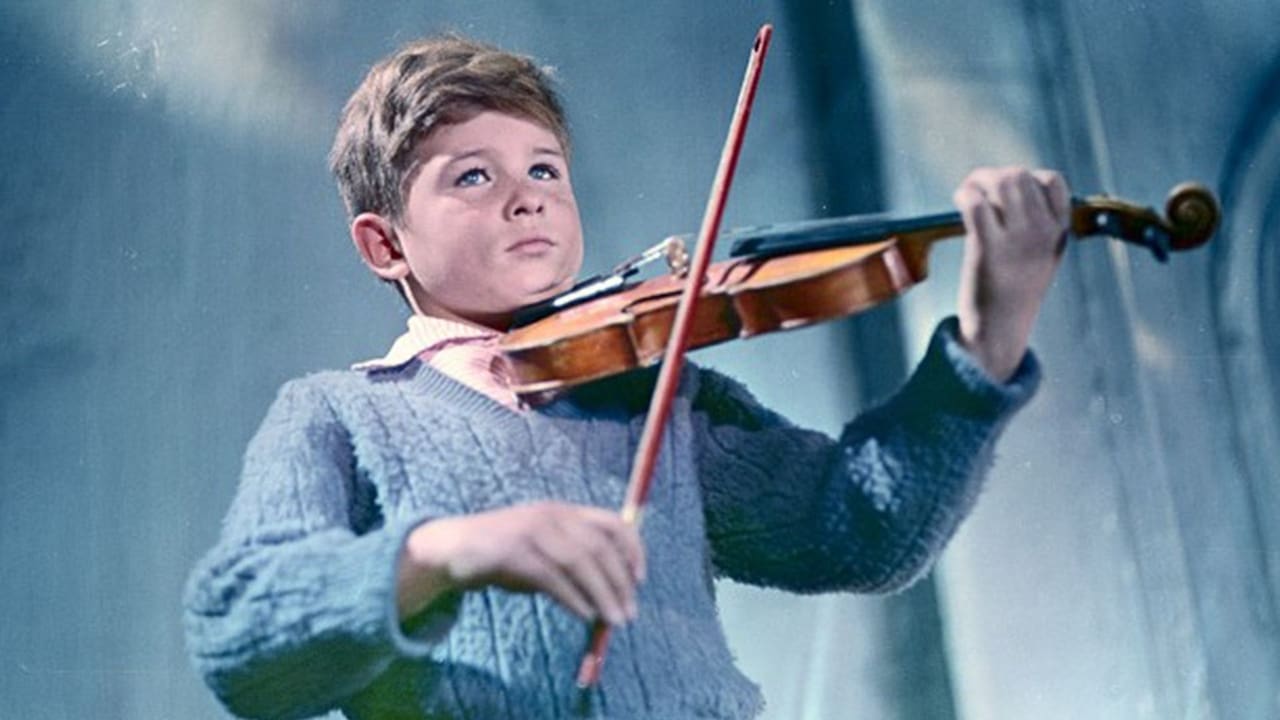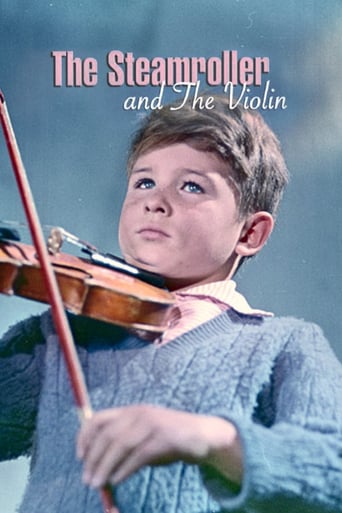Softwing
Most undeservingly overhyped movie of all time??
Acensbart
Excellent but underrated film
PiraBit
if their story seems completely bonkers, almost like a feverish work of fiction, you ain't heard nothing yet.
Catangro
After playing with our expectations, this turns out to be a very different sort of film.
arubin-5
this isn't his best one, but it's also his first. and since most of his tend to be around 160 minutes...you have to understand that within the 45 minutes of this thesis film project, there is a lot content. those images of a "brand new" building represent a building that was never realized: it was the image of Stalin's design to replace Christ the Savior of Russia (Church) with a Palace of Soviets. and don't worry, the Church was still destroyed. this movie is latent with such imagery...it is the bourgeois vs. the worker and the worker is glorified (images of the the destruction are magnificent, out of this world, and everyone stands around to see this holy act). it's interesting, because Tarkovsky is definitely a religious man; but in this movie, he seems to be saying that god is in the worker/work. this movie is also interesting to look at in comparison with his other pieces...instead of long shots to associate memory (and its imagination), Tarkovsky uses fragmented images and shots to show the immediate (as well as a more abstract memory- that of war, and still imagination)...and it still evokes the same feeling from the viewer: tension. he's really good at that.
Benoît A. Racine (benoit-3)
I am not a Tarkovsky fan and I feel rather proud that I've not spent the boring hours needed to take in his whole oeuvre. But I like this little film for itself, without reference to his later works. To me, it is full of the sounds, sights, terrors and illuminations of the days of childhood. While on some political level, the little violinist's situation may be a metaphor for the artist in Soviet society who is both persecuted and envied, to me it simply expresses the reality of childhood bullying. The child's encounters with his violin teacher, with a little girl, with a roadway worker and with his mother are all realistic and plausible. I love the realism of the situation of a fatherless child striving for male bonding and constrained by the feminine and orderly influences in his life to renounce it. And I can also see the extremely well-crafted photography, lighting and composition, the interplay of rain and sunlight and the almost ethereal primary colours of the film as the basic components of a lonely seven-year-old's day as transcended by imagination and poetry. Anyone who has spent his childhood in a moderately ancient and relatively unpolluted urban landscape, who has been singled out from his peers because of a special talent or status and who has on occasion taken refuge in daydreams can identify with this film.
Bryan Hargrave
I consider myself fortunate that this was my first venture into Soviet cinema. The fact that this was director Tarkovsky's graduate student film makes it all the more remarkable.With a minimalist approach to dialog, Tarkovsky relies on imagery to communicate emotions and feelings, and he does so well. It's still a period piece, with obvious salutes to the "Worker's Paradise" but this is not propaganda. Rather, it is a beautiful tale of a brief friendship. Two people from different worlds are borough together, and are torn apart due to circumstances beyond their control, but you get the impression that they'll be wealthier for the experience. Highly recommended! 10/10
LE020
A foreshadow of things to come, which in its own right is a little-known jewel of Russian and world cinema...I would advise any beginning Tarkosvskologist to view this film twice: before and after viewing his masterpieces. Then, they'll understand...

